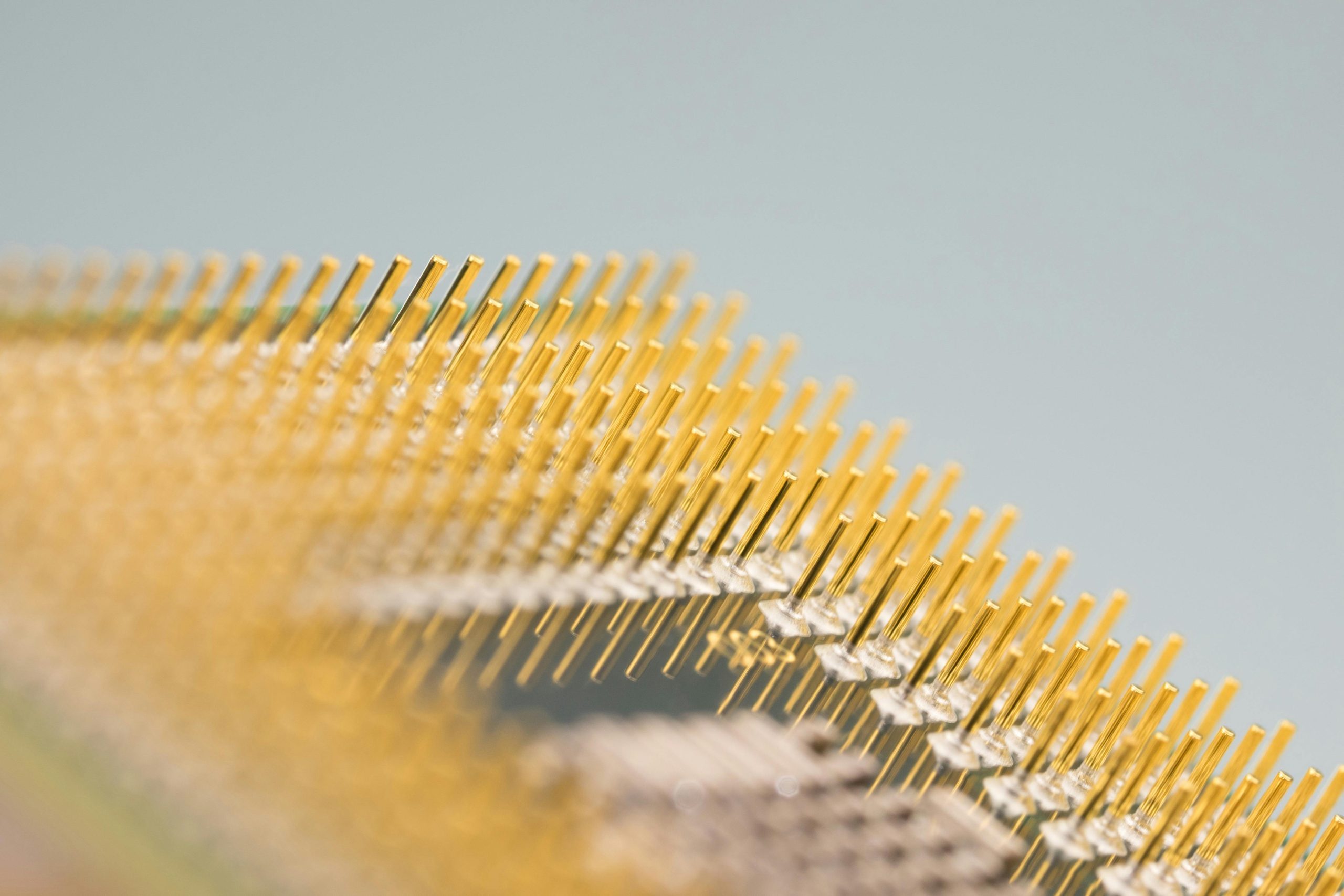Choosing the Right Laptop for Electrical Engineering Studies: MacBook vs. Windows
As prospective electrical engineering students prepare to embark on their university journey, one important decision they face is selecting the appropriate laptop. The question often arises: which operating system and device will best support the software and tools required for coursework and projects?
For those with a background in electrical engineering, the types of programs typically used can influence this choice significantly. Many students wonder whether their essential engineering applications are compatible with macOS or if a Windows-based laptop is more suitable.
Personal Experience and Considerations
Having grown up using Windows, I transitioned to an M1 MacBook Air during my sophomore year and found myself pleasantly surprised by the experience. The seamless performance and build quality made a positive impression. Now, as I approach my final year of high school, I am contemplating whether to invest in a higher-end MacBook, such as a MacBook Pro with an M5 chip, or opt for a powerful Windows machine.
The key factor in this decision is software compatibility. If the programs required for electrical engineering—such as simulation, circuit design, and analysis tools—run smoothly on macOS, a MacBook could be a great investment. Otherwise, a high-performance Windows laptop might be the safer choice to ensure all necessary applications function correctly without issues.
Final Thoughts
Choosing the right computer for electrical engineering studies depends largely on the specific software needs and personal workflows. It’s worthwhile to research the compatibility of your intended programs with each operating system and consider future usability in university. With about a year to decide, taking the time to evaluate your software requirements will help you make the best choice for your academic and professional journey.
